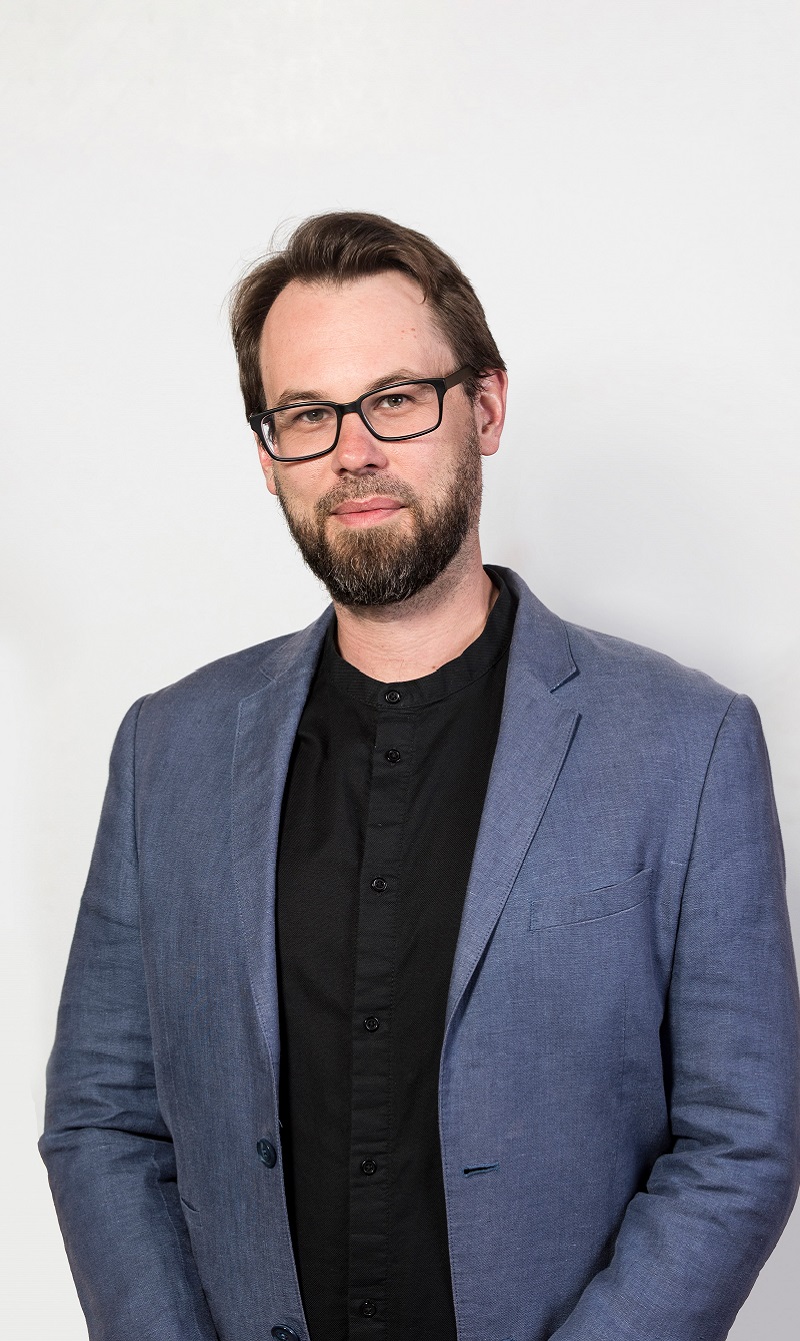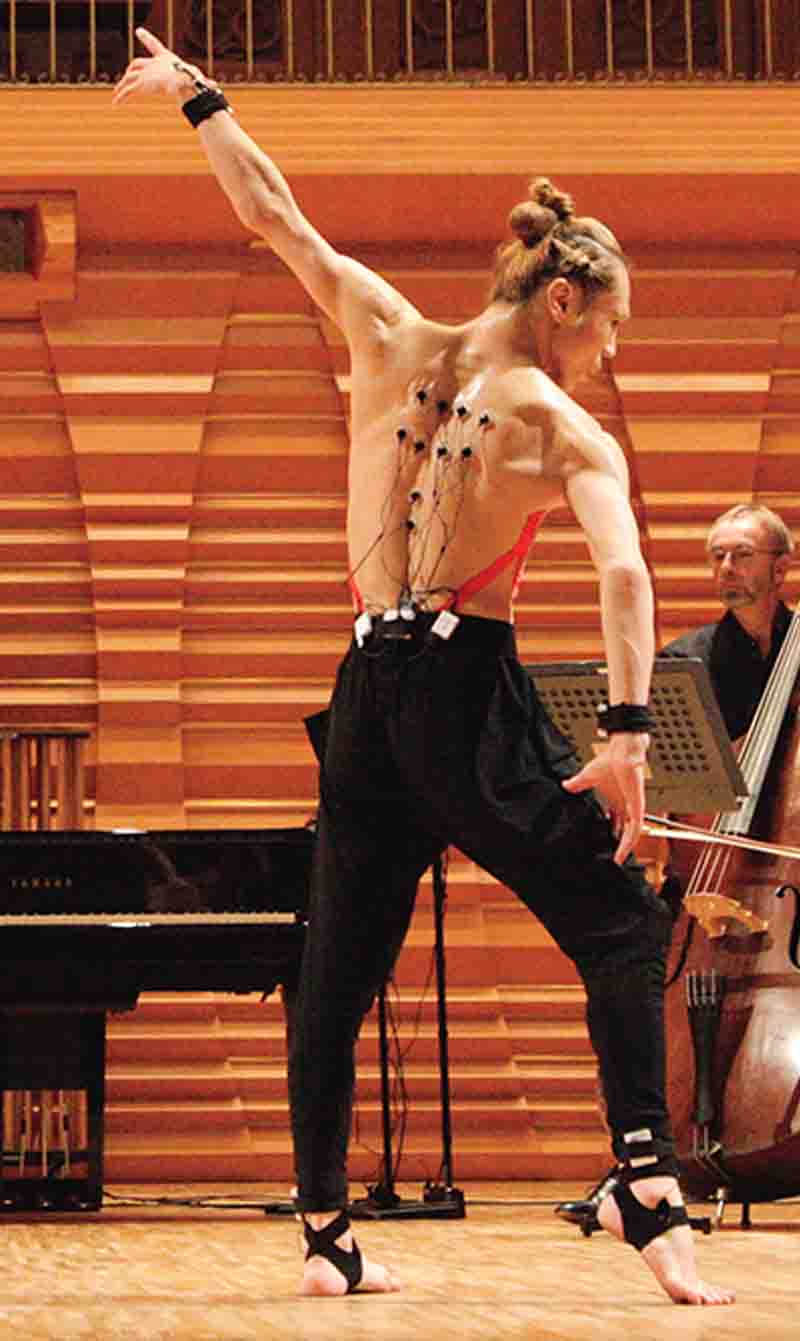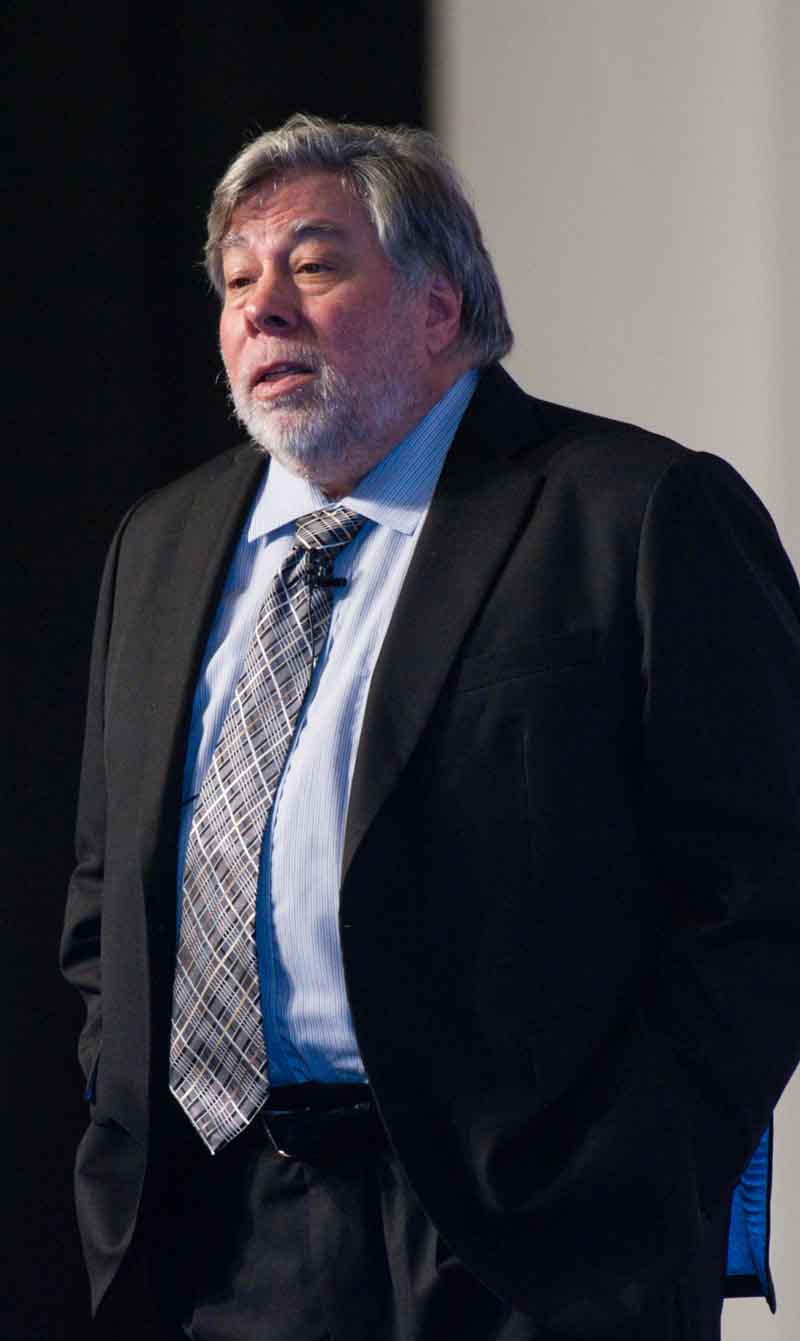Restructuring SMEs and improving credit access
Small and Medium Enterprises (SMEs) continue to face challenges when establishing business models and obtaining financing, and SME credit access must be improved if economies are to develop. To achieve this, governments, financial service institutions and entrepreneurs must cooperate to create an ecosystem in which all parties can flourish.
New entrepreneurs: passion versus finance
Thione Niang, who is Co-Founder and President of Solektra International, USA, said that the Internet has brought about a rapid-changing world and entrepreneurs must change with it. Startups often faced problems obtaining funds from traditional financial institutions because entrepreneurs lacked solid business plans or were unable to provide sufficient collaterals.
Niang said he aims to teach new entrepreneurs to understand that innovative ideas and passion form the driving force behind the success of a business or project. He believes that the entrepreneurs’ mind-set and mentality trumps finance: if they are sincerely passionate and dedicated, they will do anything to make their businesses work.
He added that budding entrepreneurs could use the convenience and reach of the Internet and social media to take advantage of the many different funding options such as crowdfunding, and to begin at the grassroots and work their way up to expand their operations.
“Your greatest assets are your friends and family,”
he said as he emphasised the importance of capitalising on one’s own network. “To raise money, you don’t have to go out there and get USD 50,000—you’ve got to get the small USD 10, USD 5 from friends and family who believe in you first.”
Niang realises the need for strategic planning and financing, but without real passion, he said, “you can not succeed in business”. Entrepreneurs could benefit from strategic partnerships to expedite process, delegate responsibilities and manage resources. Niang cited Akon Lighting Africa, which was a partnership between himself, international artist Akon (the face and brand of the project) and Malian businessman Samba Bathily, who procured the financing.
Dr Adnan Chilwan, Chief Executive Officer, Dubai Islamic Bank, UAE, however, argued that passion was not enough—many people have good ideas, concepts, drive and passion but lack the means to realise their ideas. He added that SME credit access problems could be solved by establishing an institution that allowed great, passionate ideas to access markets. The process would design an ecosystem that creates a market for existing entrepreneurs, in which banks were willing to approve loans.
Institutional support for SMEs
Dr Chilwan said that governments should provide institutional support for SMEs, helping individual trade producers, farmers and manufacturers to consolidate into cooperatives. If such institutions sought credit in the absence of cash flows, banks could obtain government-backed guarantees and set up backstops. He urged governments to sponsor such programmes as they have contributed to economic progress in many developed countries.
“It’s not just about economic development—it is human development. The low-income population is now graduating to middle and high income, and that’s only possible through an integrated approach,” Dr Chilwan said.
Specialised approach and alternatives to traditional funding
Peniel Uliwa, Managing Partner of the SME Impact Fund, Tanzania, believed that institutionalisation should be realistic and practical because the needs of businesses varied. He clarified that his country’s Impact Fund, focused specifically on agribusinesses, as agriculture is the largest employer, providing opportunities for SMEs to find meaningful employment in the sector. Uliwa added that they are providing a package of financial services—i.e. access to specific lines of credit, both short and medium term—coupled with business development services to assist SMEs. Agricultural businesses, he said, had very different needs compared to trading or manufacturing: “They have to meet the needs of a particular market, and specialised markets are very different, with factors like timeliness and natural packaging,” he said, adding that a broad institutional framework called for specialised approaches to developing specific products for specific segments and subsectors.
Another challenge is that many SMEs were not bankable due to a lack of collateral. Uliwa called these SMEs the “missing middle SMEs”. The Impact Fund is focused on helping these SMEs—analysing their position within their markets and assisting them with creating feasible business plans in terms of cash flow requirements, timeliness, capital and others. In short, Uliwa’s Impact Fund initiative combines access to finance and comprehensive business development services.
Nadira Mohd Yusoff, Chief Executive Officer, Nadi Ayu Technologies Sdn Bhd, Malaysia, agreed that both having the right mind-set and seeking alternative funding were vital. If one was truly passionate, as Niang mentioned, one would be able to find other means to fund projects such as angel investments, impact investments, seed funding and crowdfunding. She added that financial institutions should also understand that businesses were conducted differently in various sectors—in Malaysia, banks drove sector-based financing and opened up businesses to e-commerce because they understood how e-businesses operated. “It all comes back to funding only what is needed,” she said. However, new entrepreneurs should also be prepared and understand that banks will be cautious with their investments especially with startups that have insufficient collateral.
Q&A
Why do people remain stagnant even though they are given all the opportunities?
Uliwa: The right mind-set and attitude towards articulating and developing business is as crucial as finance and facilities. Entrepreneurs have a lot of history and if you carefully reconstruct their past, you will see the picture. This is where you bring an added value of understanding by assisting them to focus, be more careful in their next moves, and help them to slowly build their business plans. That way, I think you’ll really bring them to the right mind-set and prepare them to also get the necessary funding that they need but with an attitude that it needs to be repaid. I think it needs a lot of support to nurture that.
Micro, small and medium enterprise (MSME) entrepreneurs need to be bankable but it’s never the other way around—what about changing the mind-set of banks to make banks become “people-able”?
Dr Chilwan: For an economy to be developed, for more job creation and more contribution to the GDP of a country, you need to allow people to get that fair opportunity to come up with their passion and their ideas. The best way to do that is to work collectively through an integrated approach—institutionalise an approach towards how to start businesses and how to expand. I think there are lots of people today who rely on employment through their own activities, passion and ideas. But they don’t get that opportunity. You get that opportunity by institutionalising and even banks have to meet you midway while you are making an approach towards the financial service industry. Our objective is to make sure that we support MSMEs.
Niang: The banks and traditional funding system will change. It’s just a matter of time and I think it has already begun. With the Internet today, everything from tradition is moving.
With crowdfunding, you just open up a page, talk about your project and the next thing you know, you’re close to USD 50,000 to USD 100,000 or so.
Of course banks have to change to follow this trend and the way we will do it is by figuring out how we can use new systems such as crowdfunding to get finance, because banks make money through us and we could really direct where the future is going for the banks. It depends on us, not on them.
___________________
This report is based on a session from the 12th WIEF.





